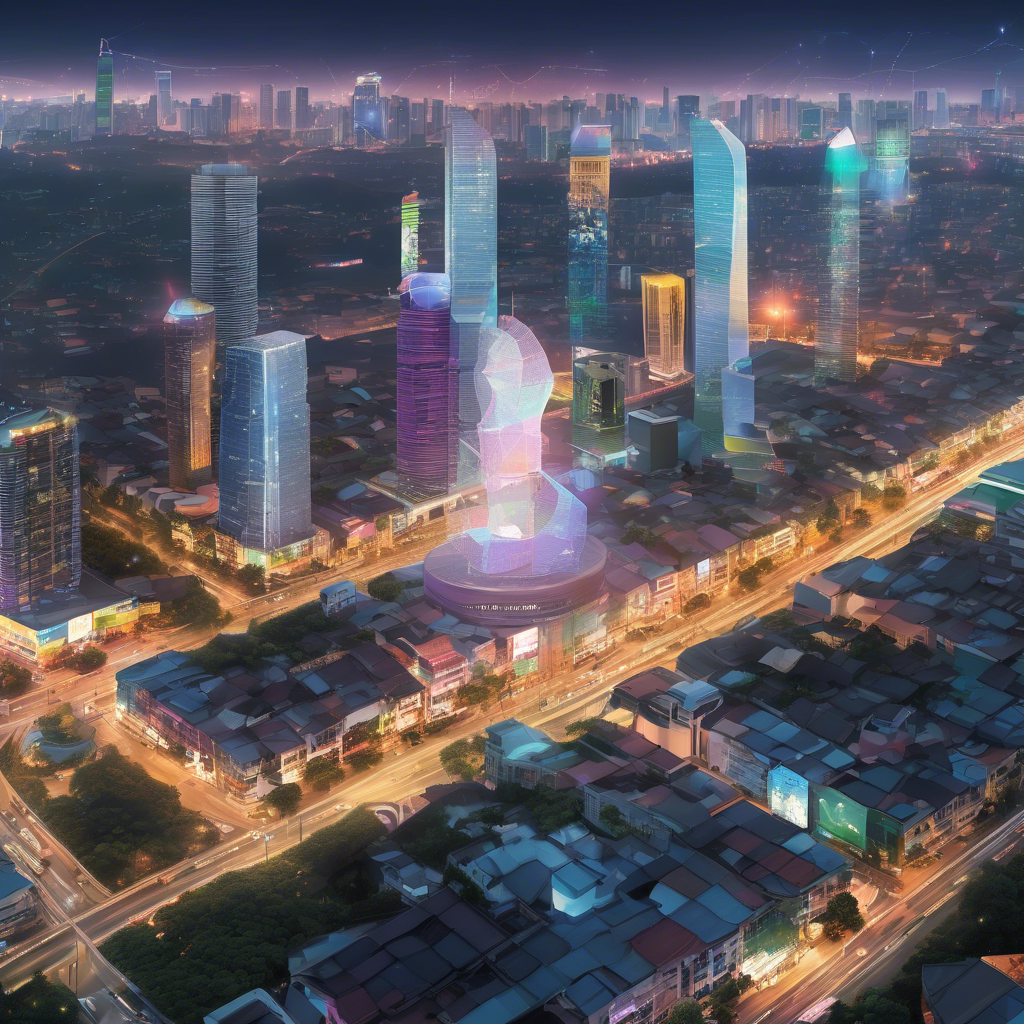
Preparing your Trinity Audio player. . . Ho Chi Minh City, Vietnam’s most populous city, is making significant investments in cutting-edge technologies, such as blockchain, artificial intelligence (AI), and 5G, in its ambition to establish itself as one of Asia’s key digital hubs. Local reports indicate that the city plans to allocate at least 3% of its annual budget by 2030 towards research and development in the latest technologies. In 2024, the city’s budget was set at 502 trillion VND (approximately $20. 5 billion). This initiative aligns with Resolution 57-NQ/TW, a strategic framework introduced by the Communist Party of Vietnam in December of last year. The plan aims to expand the digital economy to comprise at least 30% of Vietnam’s GDP by 2030 and to position the nation as a high-income economy by 2045, with the digital economy contributing at least half of the national GDP by that year. Ho Chi Minh City aims to foster the creation of 5, 000 startups and five centers of excellence across key technological areas. Last year, Vietnam ranked 31st overall and fifth in Southeast Asia for the total number of startups globally.
Ho Chi Minh City and Hanoi, the capital, held positions of 111th and 157th in the world rankings, and were 6th and 7th in the region, respectively. However, Vietnam has not performed as strongly in the AI sector. While it ranked fifth in Southeast Asia for AI readiness, it was placed 39th globally according to one research study. To enhance its AI capabilities, Ho Chi Minh City plans to promote semiconductor manufacturing within its borders, as the city is home to ten million residents. Other Asian countries have become vital players in the expanding AI industry by producing the semiconductors that AI models rely on, with Taiwan and South Korea leading the way. Ho Chi Minh City will not be starting from scratch, as it is already hosting Intel’s (NASDAQ: INTC) $1. 5 billion semiconductor assembly and testing facility, which is the largest of its kind operated by the company worldwide. The city will face tough competition from other regional hubs for semiconductor leadership; for instance, the northern city of Bac Ninh houses a $1. 6 billion facility owned by the American company Amkor. In addition to nurturing new startups, Ho Chi Minh City plans to digitize its economy, aiming for 80% of transactions to be cashless. Watch: Blockchain & AI unlock possibilities.
Ho Chi Minh City Invests in Technology to Become Asia's Digital Hub


Salesforce’s analysis of the 2025 Cyber Week shopping period reveals record global retail sales totaling $336.6 billion, marking a 7% increase from the previous year.

The rapid advancement of artificial intelligence (AI) has sparked significant debate and concern among experts, particularly about its long-term impact on humanity.

This is sponsored content; Barchart does not endorse the websites or products mentioned below.

Google's DeepMind has recently unveiled an innovative AI system called AlphaCode, representing a major leap forward in artificial intelligence and software development.

I’m closely monitoring the emergence of agentic SEO, convinced that as capabilities advance over the next few years, agents will significantly influence the industry.

Peter Lington, Area Vice President at Salesforce’s Department of War, highlights the transformative effects that advanced technologies will have on the Department of War within the next three to five years.

Sprout Social has firmly established itself as a leading player in the social media management industry by embracing advanced AI technology and forging strategic partnerships that foster innovation and enhance service offerings.
Launch your AI-powered team to automate Marketing, Sales & Growth

and get clients on autopilot — from social media and search engines. No ads needed
Begin getting your first leads today